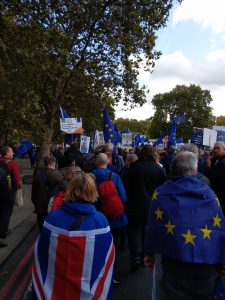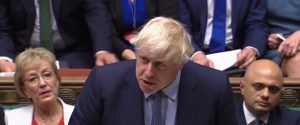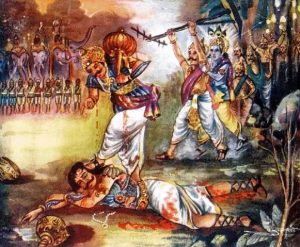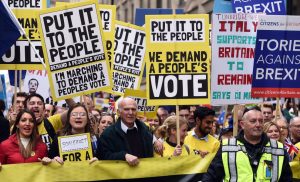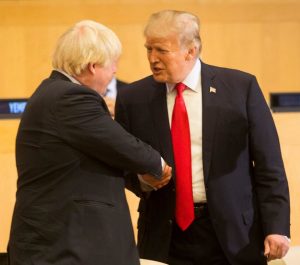
Sometimes the coincidence of what happens to appear in the same news broadcast is startling. 11 November 2019 saw the news that Nigel Farage’s Brexit Party was not going to stand candidates against the Tories, and that the Chinese Jingye Group was to buy British Steel.
In the past many people voted Conservative because they saw it as the party of stability, and have had a rude awakening recently as it has abandoned that position for a strongly pro-Brexit and economically reckless position. It was looking as if the Conservatives’ chances would be reduced by Brexit party candidates siphoning off the pro-Brexit voters. Standing those down removed that threat and, by focussing on Labour seats, put pressure on Labour to support Brexit.
Continue reading “Brexit party standing aside for the Tories coinciding with a Chinese investment decision — both are parts of a much bigger picture”
